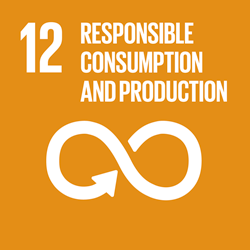Technological watch
Impacts on insulation resistance of thin film modules: A case study of a flooding of a photovoltaic power plant in Thailand
AbstractEffects of high humid weather conditions on photovoltaic (PV) modules were examined in this study, particularly insulation resistance. Three types of tests were conducted which include leakage voltage test, leakage current test, and wet leakage current test. Due to the usual field constraints in the study of insulation resistance, which limited measurements of leakage current, assurance was made that representative sampling were conducted. The study found a high number of modules with low insulation resistance and high leakage voltage values, which can interrupt the PV plant operation. High leakage voltage creates safety hazards issues. About two third of the samples, which showed deep moisture ingress in the modules, could not pass the minimum criterion of IEC 61646 standard for wet insulation resistance testing. The leakage current results showed the same trend as of leakage voltage, proving that leakage voltage test, which is quite easy and economical, can be used to detect such type of problems in field tests. Prolonged humidity conditions of the PV power plant particularly from natural disaster, should be avoided. Efficient drainage system should be supported in and around installations and all other moisture sources should be regularly removed from the plant area to keep proper operation and minimize losses in energy production.






